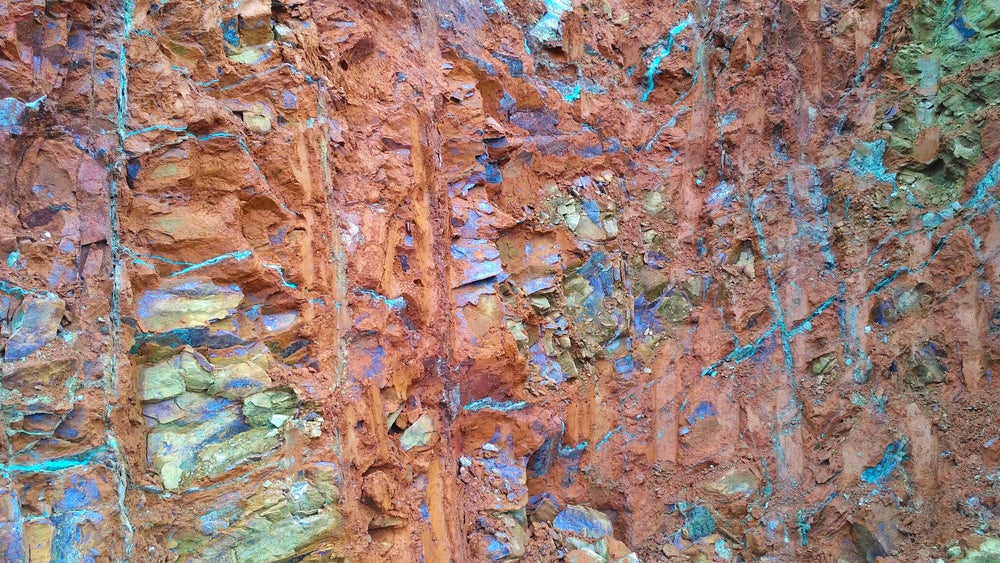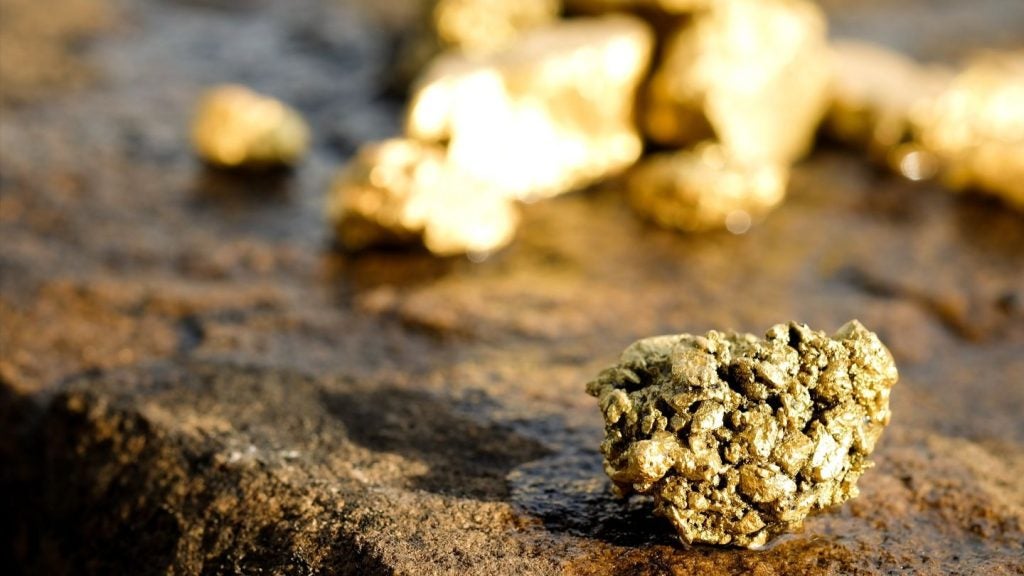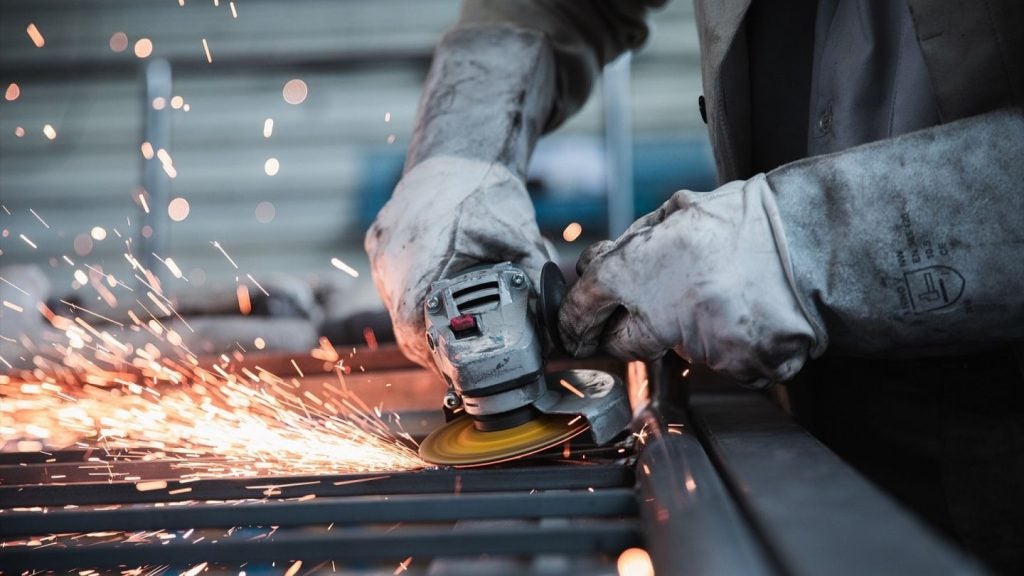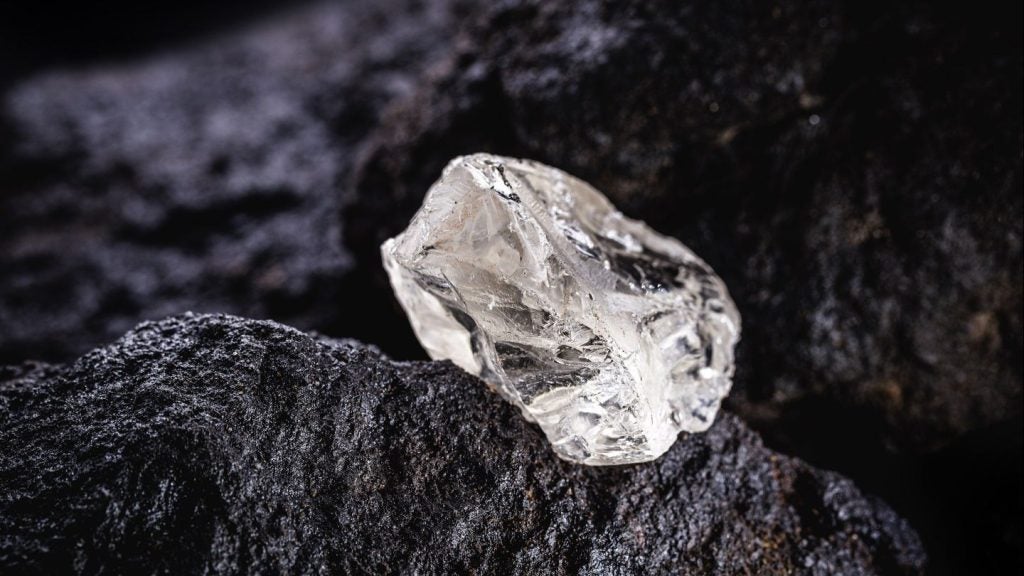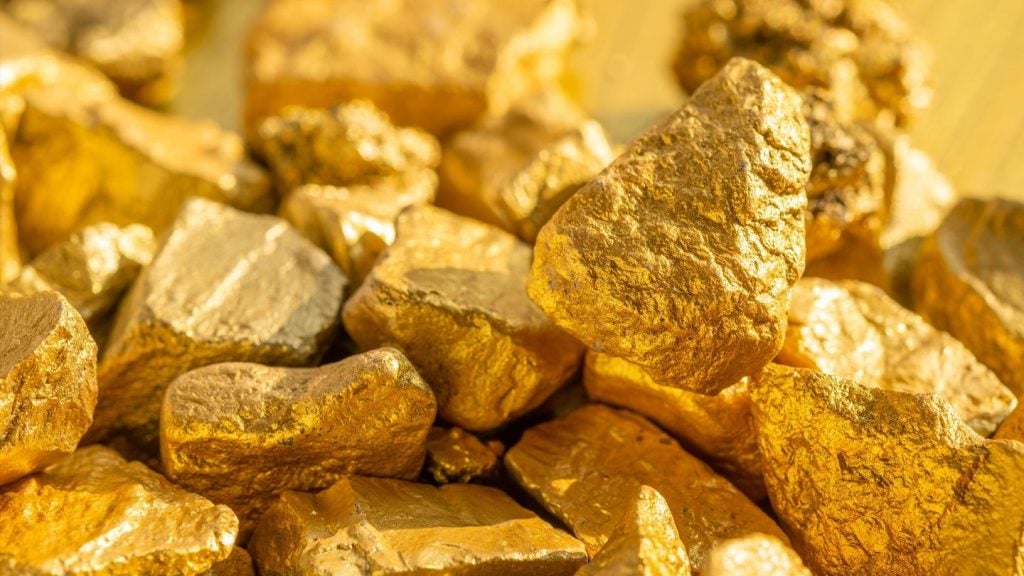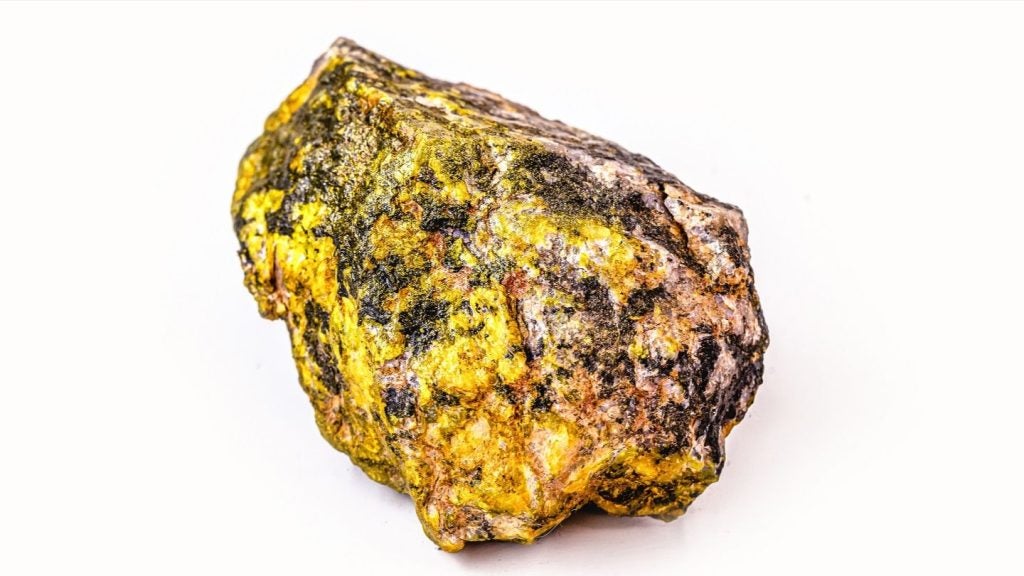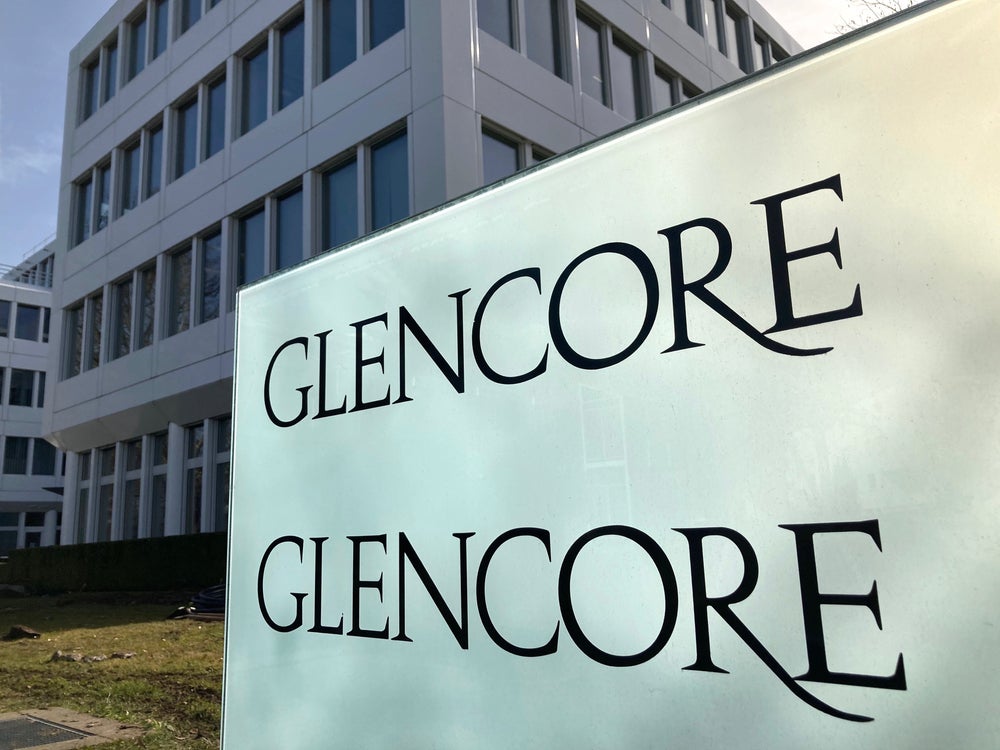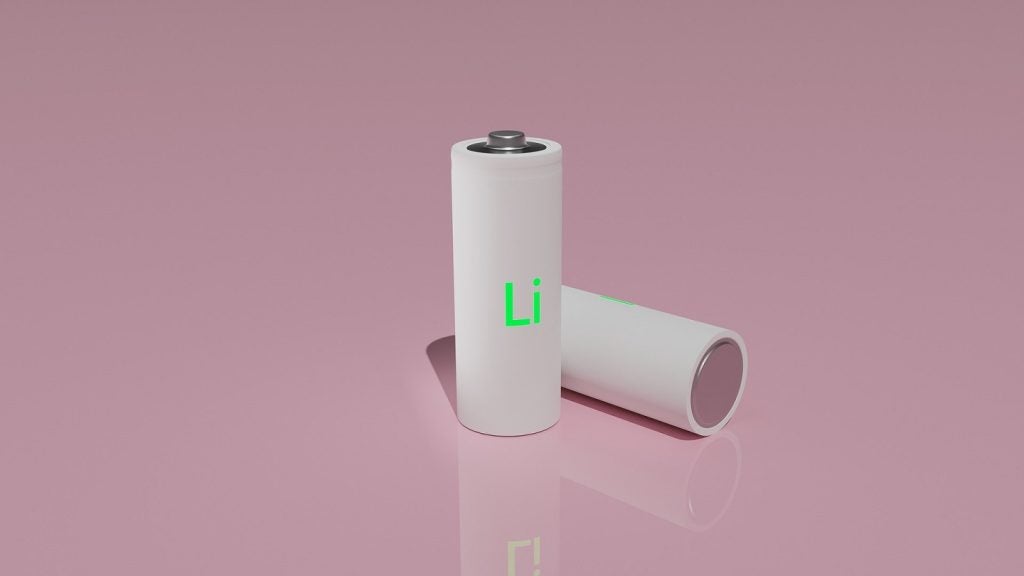US-based critical minerals company Atlas Materials has raised $27m for its new technology that enables the processing of low-grade nickel for use in electric vehicle (EV) batteries, the start-up said on Thursday.
The company has developed a new way to treat saprolite, a type of low-grade nickel ore usually used as a component in stainless steel, so that the metal can be used in EV batteries. The process is low-emission and produces no waste, the company added.
Atlas plans to build a pilot plant in North America to test the technology’s capabilities. Currently, the company is still considering three possible locations in either Canada or the US, CEO Jeremy Ley told Reuters. The production plant should be operational by 2027 with an initial annual nickel output capacity of 1,800 tonnes, Ley added.
Saprolite nickel ore, which only usually contains approximately 1.5–2% nickel, currently accounts for more than one-third of global nickel ore deposits. Atlas’ technology to treat saprolite ore works by incorporating the metal into mixed hydroxide precipitate (MHP) to make it usable within batteries. The process uses hydrochloric acid and caustic soda to leach the ore but does not require a high-pressure or high-temperature environment, unlike traditional hydrometallurgy or pyrometallurgy processes, and does not create any waste products.
Two by-products are left during MHP production: magnesium hydroxide and a material that can be used as a cement substitute for buildings. Atlas plans to sell both, Ley said. "We have no waste and we can take all the products to market and use up all of the ore instead of creating large tailing ponds."
Some leaching plants designed to treat similar-grade nickel ore into MHP for EV batteries have been launched in Indonesia, but these processes generate toxic waste. In March, Indonesia’s President Joko Widodo pledged a clean-up of the nickel mining industry in the country amid concerns over the harmful environmental and social impacts of producing the metal.
"This would be the first production of MHP in North America," Ley said, adding that the company expects to source its ore from Pacific French overseas territory New Caledonia. Talks with major mining companies about future collaborations are ongoing, he added.
Investors in the Series A Funding round for Atlas included the Grantham Environmental Trust and Voyager Ventures, bringing total financing for the company to $33m, Ley said. The money will be used to develop designs for the pilot plant in North America, but further funding will be required for the construction phase.


